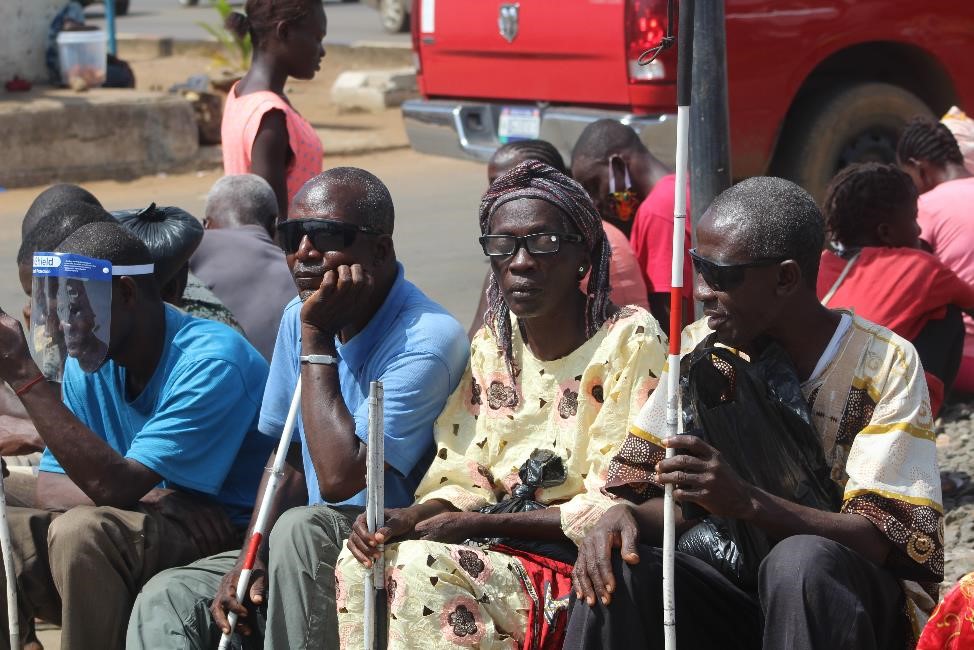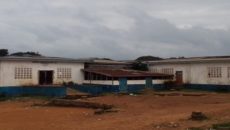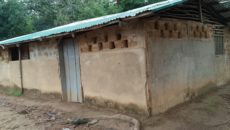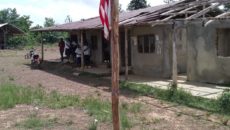MONROVIA, Montserrado – As the nation responds to the COVID-19 pandemic, interviews with representatives of individuals living with visual, hearing, and speech impairments suggest that this vulnerable group has gone largely unnoticed.
Many members of the disabled community say there has been little outreach to them, either in the media or directly. Most importantly, amid restrictions on movement, many say they have received no provisions of basic needs, such as food and sanitary materials to prevent the spread.
Theresa W. Garwo, the director for Special and Inclusive Education at the Ministry of Education, cited the lack of interpreters to communicate key health messages as a serious challenge for the country’s COVID-19 fight.
Although she acknowledged that the stay home order announced by the president was the right decision to halt the spread of the virus, Garwo said students would face challenges in accessing information and materials needed to stay safe.
While classes are no longer in session, Garwo said there are 16 schools across the country for the hearing and speech impaired, and many of these schools are residential, meaning that the schools would need resources in catering to the students.
She named a few of the schools as the Christian Association of the Blind, School for the Orphan and Deaf Ministry, Hope for the Deaf, Monrovia School for the Deaf, Liberia School for the Deaf, Oscar Romero School for the Deaf, United Blind Training Academy, Liberia School for the Blind, Oscar and Stewart School for the Deaf, Maryland School for the Blind, and the Arwonho School for the Blind.
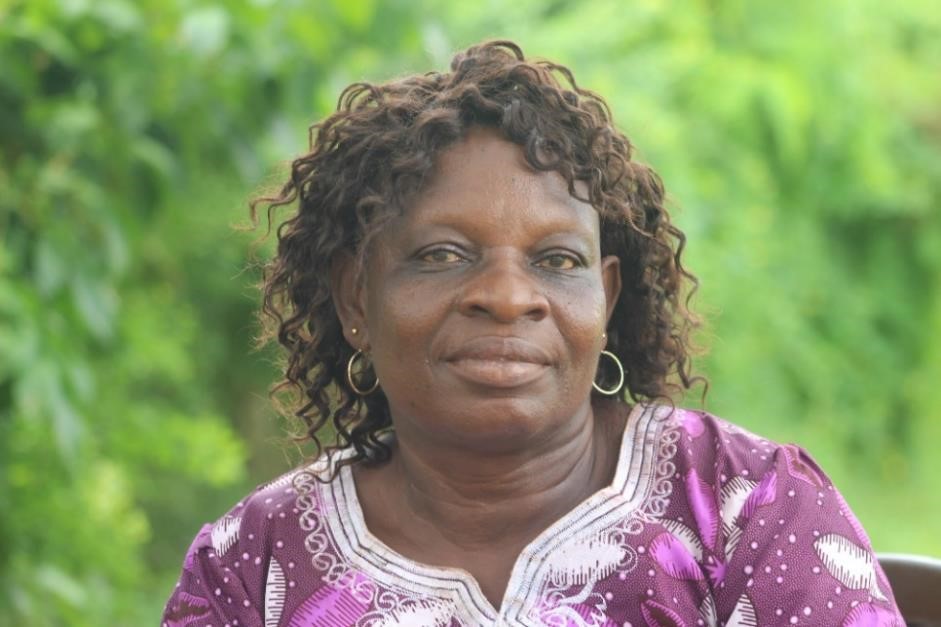
Theresa W. Garwo, Director for Special Inclusive Education. Photo: Zeze Ballah
These students, Garwo said, are not getting the COVID-19 preventive health messages and when they watch the press conferences on TV, the lack of sign language interpreters mean they cannot understand.
“There are more than 50 interpreters in the country who are unemployed,” she said. “Since the COVID-19 outbreak, there is only one person interpreting the preventive health measures from the Health Ministry, which is insufficient.”
Garwo worried that the government was leaving the disabled out of the process just as it has when it comes to funding their education.
“It is difficult to explain the plight of the disabled students because there has not been any budget for inclusive education for the past seven years at the ministry,” she said. “I feel for them because they are suffering.”
While several thousands of dollars in funding was provided to a number of these schools in the 2017/2018 national budget, only the Liberia School for the Blind was allotted funds in the 2019/2020 cycle – US$50,000. Of course, allotment does not always translate to the actual funds being transferred, and with the current health crisis creating a shortage of incoming cash to the government, such funding could disappear.
Prior to the COVID-19 outbreak, Garwo said her department worked with the World Bank, Sightsavers, and Handicap International to address the needs of these students.
At the National Union of Organizations of the Disabled, Naomi Harris concurred with Garwo that her community was getting no attention. Unlike during the Ebola epidemic in 2014 when Harris said her organization helped carried out awareness to its members, she said “there has not been anything done by the government for the disabled community.”
During the Ebola epidemic, Harris said one of the messages directed at the visually impaired was to hold the shoulder of their guides while wearing long sleeves. However, a similar message has not yet been crafted for the Coronavirus.
“The situation with COVID-19 is different and risky for persons with disabilities,” she said.
Since the state of emergency was announced by President George Weah, Harris said the community continues to await support. Instead of that support coming, she said her group’s members are remaining home without food or proper awareness.
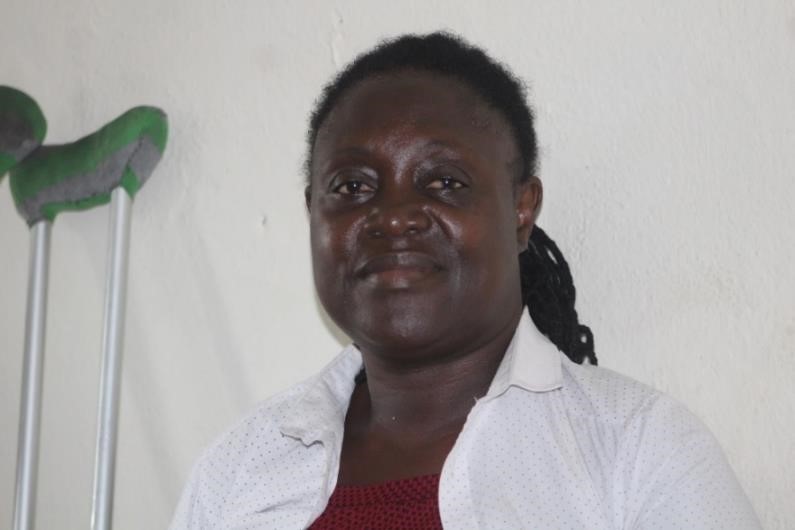
Naomi Harris, head of the National Union of Organizations of the Disabled. Photo: Zeze Ballah
Pres. Weah had announced that he was requesting US$25 million in food aid, and with assistance from the World Food Programme, that food would have been distributed to the public during the state of emergency. The legislature later approved the president’s request and mandated that poor and vulnerable populations be prioritized for the food aid. However, such distribution has not yet begun, over a month after the state of emergency began.
Harris said the neglect from the government is driving some women in the disabled community into prostitution.
“The right people are not in the right place in government,” she added.
Harris noted that Vice President Jewel Howard-Taylor’s office oversees activities for the Group of 77, a disability rights group. “The vice president’s office should look at persons with disabilities entirely and not one group,” she added. Within the union, there are 35 organizations across the country.
The executive director of the National Commission of Disability, Ricardo Dennis, also said she has been receiving complaints from people with disabilities that they are finding it difficult to survive.
“We understand that staying home is meant to protect ourselves, taking into consideration the visually impaired, who do not know who they may come in contact with and contract the virus and get infected,” she said.
“But the major challenge is what next to be done for persons with disabilities while staying home.”
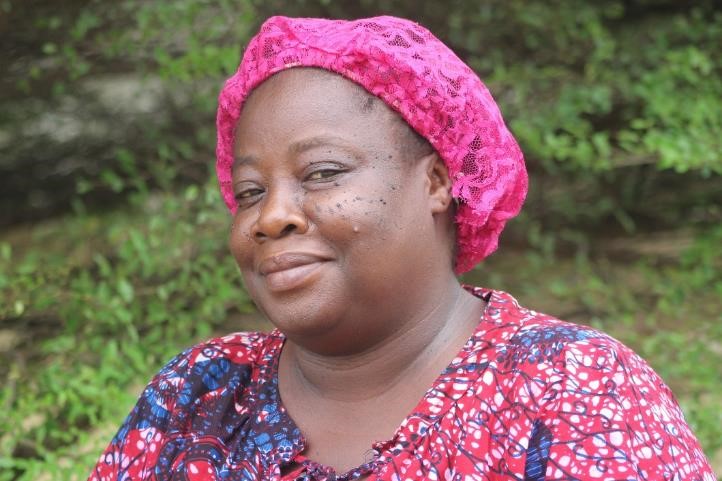
Ricardo Dennis, executive director of the National Commission on Disabilities. Photo: Zeze Ballah
Dennis said many disabled people, the majority of whom are unemployed, cannot easily afford hand sanitizer, soap, alcohol, and bleach.
She said although her agency is a government agency, “it is yet to receive any support since the outbreak of the disease.” Such funds would be used to not only support members of the community but also recruit sign language interpreters and create appropriate messaging platforms to communicate the dangers of COVID-19.
Dennis worries that, if support does not come soon enough, many disabled persons may become desperate enough to venture out of their homes for sustenance.
“When you are so much challenged and suppressed in certain areas, you get tired and say it’s better to get out and contract the disease than to die from hunger,” she added.
This may already be happening. Every day, dozens of elderly and disabled persons cluster around Vamoma Junction, where some charity organizations and individuals bring food to distribute. Packed tightly together and not wearing any facemasks, they risk contracting the virus to find food.
Featured photo by Zeze Ballah
